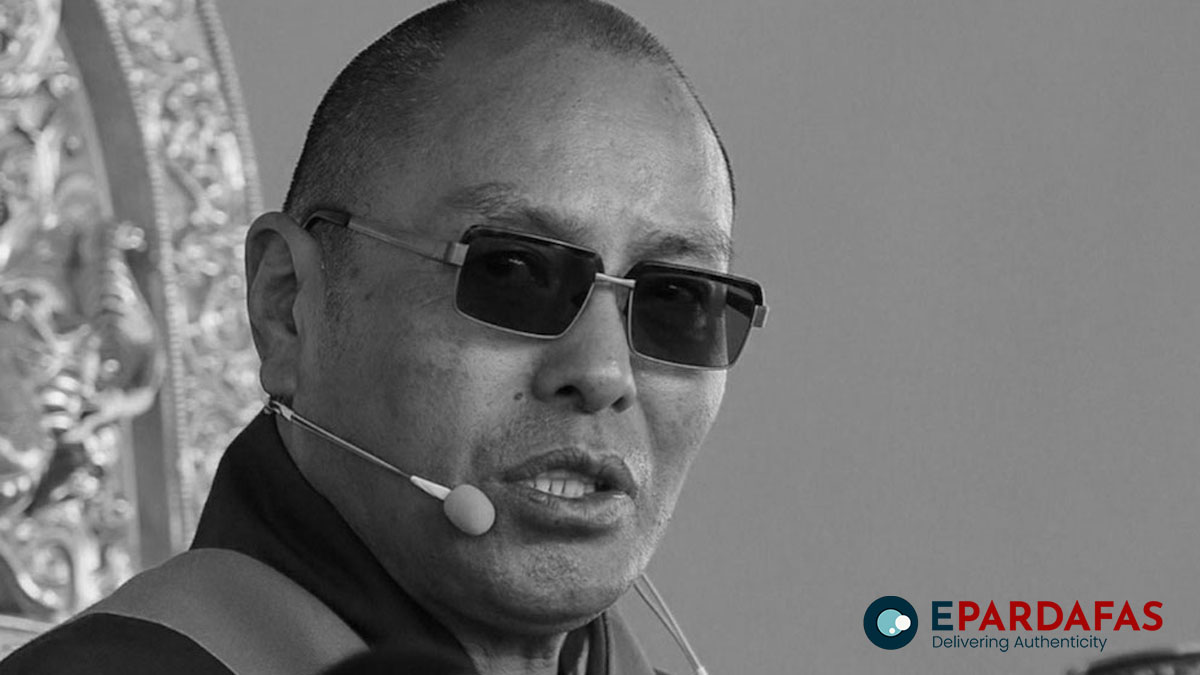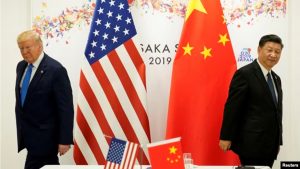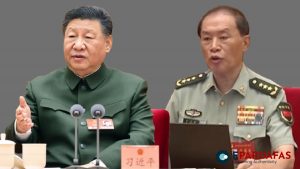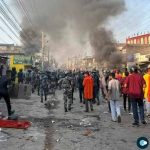
Tibetan Religious Leader Dies in Chinese Custody Under Suspicious Circumstances

Tibetan religious leader Tulku Hungkar Dorje has reportedly died under suspicious circumstances following prolonged detention by Chinese authorities, according to the Central Tibetan Administration (CTA).
His death was communicated to senior monastic leaders at Lungngon Monastery in Gade County, located in Tibet’s Golog region, on April 2. However, as reported by Tibet.net, Chinese officials have not disclosed the cause of his death, nor have they returned his body to his community.
Tulku Hungkar Dorje, a revered spiritual figure and the throne holder of Lungngon Monastery, is believed to have been targeted by Chinese authorities after refusing to host an elaborate reception for the Chinese-appointed Panchen Lama during a recent official visit to the region.
This act of resistance reportedly led to trumped-up charges against him, including accusations of “disobeying higher authorities.” These charges appear to stem from his longstanding humanitarian efforts, which included the establishment of schools and monasteries, as well as his vocal advocacy for the rights of Tibetans under Chinese rule. He was also accused of “causing disturbances,” the CTA noted.
Sources familiar with the case suggest that his arrest and subsequent death are part of a broader pattern of repression in Tibet, where influential religious and cultural figures have been systematically targeted for preserving and promoting Tibetan identity, language, and traditions. In recent years, many such leaders have faced detention, torture, and even death at the hands of Chinese authorities.
The CTA condemned Tulku Hungkar Dorje’s death as a clear example of Beijing’s ongoing campaign to silence dissenting voices in Tibet and to dismantle the foundations of Tibetan cultural heritage.
His death has triggered widespread outrage among Tibetans and human rights organizations around the world. Many see it as a stark reminder of the increasingly repressive environment in Tibet and fear that the secrecy surrounding the case is emblematic of the Chinese government’s broader strategy to eliminate resistance and erase Tibetan identity.












Comments